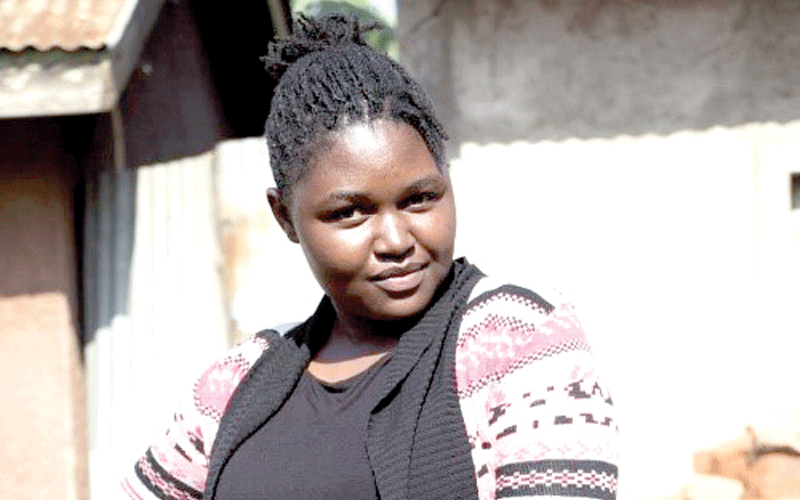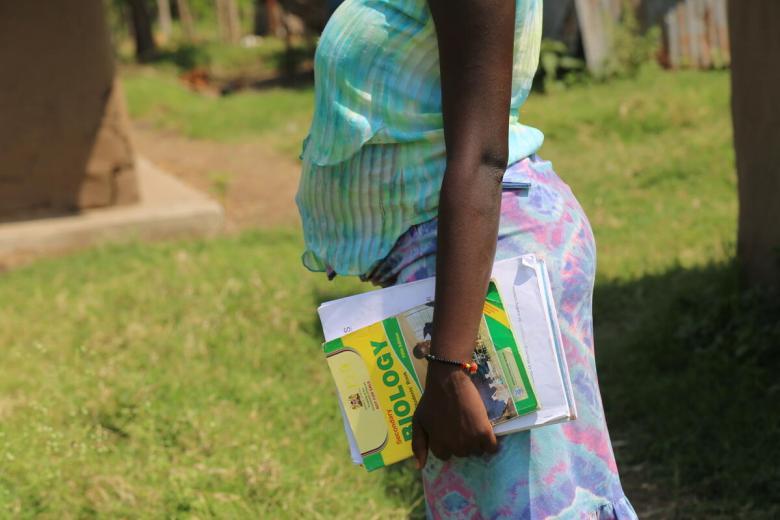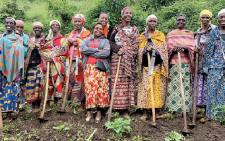Online harassment pushing girls offline, reveals report

Milliam Murigi @millymur1
Social media is a significant part of young people’s lives. However, it is becoming more difficult for young girls to survive online without harassment or abuse, a new report by Plan International indicates.
Sarah Akinyi, a content creator, is one of the girls who have experienced online violence.
It all started when she posted her photos on her YouTube channel. Since she had gained some weight she got trolled and body shamed to a point she almost quit.
“The experience was humiliating and I almost gave up. I contemplated deleting that account, but advice from friends and family kept me going. Now I have over 500 subscribers on my channel,” she says.
Though Sarah was lucky, the Plan report reveals that online violence has led to nearly one in five (19 per cent) of victims of harassment to stop or significantly reduce use of the platform on which it happened, while another one in ten (12 per cent) have changed how they express themselves.
The report also shows that more than half (58 per cent) of girls and young women have been harassed or abused online.
Attacks are most common on Facebook at 39 per cent followed by Instagram at 23 per cent, WhatsApp 14 per cent, Snapchat 10 per cent, twitter at nine per cent, and TikTok with six per cent.
Online harassment damages both online and offline girls’ lives, with one in five (22 per cent) of those surveyed saying they or a friend have been left fearing for their physical safety once harassed online.
“I would like to urge social media companies to come up with advanced settings and stricter measures to handle harassment.
Currently, the options I use is to block anyone who speaks to me inappropriately online and to accept friend requests from people with whom I have mutual friends,” Sarah says.
According to the report, harassment takes a profound toll on girls’ confidence and wellbeing, with 39 per cent of those surveyed saying it lowers self-esteem, 38 per cent saying it creates mental and emotional stress, and 18 per cent saying it can cause problems at school.
“Online harassment and abuse restrict girls and women’s freedom online. It is an injustice and a barrier to them leading the drive for gender equality.
It reinforces sexism tendencies and causes emotional and psychological harm.
It also prevents girls from accessing relevant information and forming their own identities online while expressing their opinions,” says Kate Maina Vorley, Country Director, Plan International Kenya.
According to Maina, online violence is a complex problem that all power holders have a role in tackling.
And all members of the society including family, communities, and civil societies need to be active allies for girls and young women experiencing online harassment by supporting girls to report.
“Kenya has legislation in place and reporting mechanisms on how to report cases of online harassment including ways in which girls and young women can identify and preserve evidence. Yet a majority of online users do not have this information.
The government together with other stakeholders must develop and implement initiatives that support awareness creation on digital citizenship, information on available helplines for victims as well as collecting and publishing disaggregated data on online gender-based violence,” adds Maina.
Shut out
The report reveals that girls who use social media in high and low-income countries alike are routinely subjected to explicit messages, pornographic photos, cyberstalking, and other distressing forms of abuse. However, only one in three (35 per cent) end up reporting the perpetrators.
“Plan International is asking governments worldwide to implement specific laws to deal with online gender-based violence and ensure girls who suffer it have access to justice,” adds Maina.
Though not all girls are online yet, more girls are expected to start using the internet soon. This is why it is therefore paramount that online safety is prioritised.
“We must also be cognisant that online abuse disempowers girls and young women by shutting them out of a space which plays a huge part in young people’s lives to advocate for their rights and share their opinions,” says Maina.











